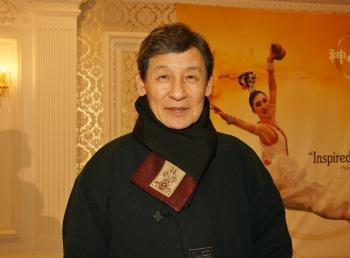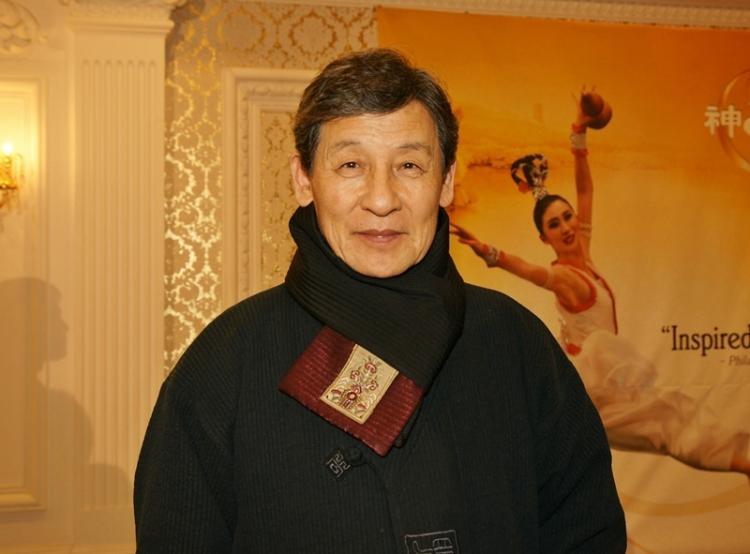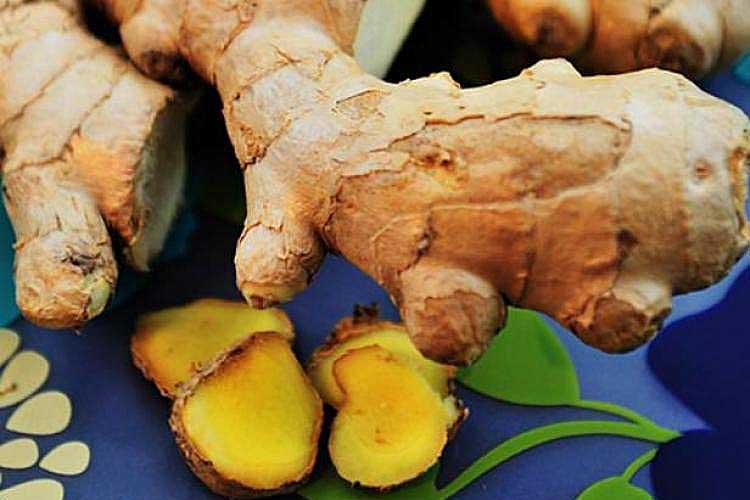SEOUL, South Korea—As Divine Performing Arts (DPA) appeared at the Universal Arts Center in Seoul on Feb. 7, Yi Seok, the last prince still living on Korean soil was deeply touched by the show.
“Seems like it’s time for Koreans to learn more about China,” said the descendant of the five-century long Joseon Dynasty.
Mr. Yi, born in 1941, is the grandson of Emperor Gojong and the nephew of his successor, Emperor Sunjong, Korea’s last monarch.
“I haven’t found many opportunities to familiarize myself with the Chinese culture. I think I should start to look into Chinese culture more. It’d be great if we could watch a show like this more often. After seeing it, I can tell you, it truly is stirring.”
The DPA company seeks to breathe new life into traditional Chinese culture while providing audiences everywhere with an experience of sublime beauty.
During the Japanese occupation, which started in 1910, Mr. Yi grew up in Sadong Palace in Seoul, where court ladies waited on him. After the World War II ended, Korea was liberated by the U.S. in the south and Soviets in the north. The new President, Syngman Rhee, suppressed the imperial family and confiscated all family’s assets that were not already taken by the Japanese.
After a break in the Korean War in 1950, the family stayed at a hillside monastery on Jeju Island at the south end of Korea until the end of the war in 1953 when they returned to Seoul.
Mr. Yi had to take any job that he could in order to provide for his family during the hard times of the Korean War and the Cold war era, as Korea fought communism and internal subversion. He eventually graduated from the Foreign Studies program at Hankook University in Seoul, knowing many languages.
Mr. Yi, with his musical aptitude, became a renowned professional singer in the 1960s while in his 20’s, a had a number of hit songs.
The lyrics of the songs sung in DPA lingered on his mind. “The soloists’ songs repeatedly mentioned reincarnation; that left me with a very deep impression.”
He is currently a professor of history lecturing at Jeonju University and the president of The Imperial Grandson Association, devoted to preserve the culture of the royal court. He is also the author of a recent book about the late Joseon Dynasty royal court family.
After watching DPA for the first time, Mr. Yi said, “I have a new feeling, a new sensation. It is very thrilling show. I am deeply moved.
“It is very rare to have opportunity to learn about Chinese culture. When the culture disappears, it is like the nation disappears. After watching the show, I feel the importance of restoring the culture of Korea and reviving the spirituality of the Korean people.”
The Epoch Times is a proud sponsor of the Divine Performing Arts 2009 World Tour. Please see DivinePerformingArts.org for more information.
“Seems like it’s time for Koreans to learn more about China,” said the descendant of the five-century long Joseon Dynasty.
Mr. Yi, born in 1941, is the grandson of Emperor Gojong and the nephew of his successor, Emperor Sunjong, Korea’s last monarch.
“I haven’t found many opportunities to familiarize myself with the Chinese culture. I think I should start to look into Chinese culture more. It’d be great if we could watch a show like this more often. After seeing it, I can tell you, it truly is stirring.”
The DPA company seeks to breathe new life into traditional Chinese culture while providing audiences everywhere with an experience of sublime beauty.
During the Japanese occupation, which started in 1910, Mr. Yi grew up in Sadong Palace in Seoul, where court ladies waited on him. After the World War II ended, Korea was liberated by the U.S. in the south and Soviets in the north. The new President, Syngman Rhee, suppressed the imperial family and confiscated all family’s assets that were not already taken by the Japanese.
After a break in the Korean War in 1950, the family stayed at a hillside monastery on Jeju Island at the south end of Korea until the end of the war in 1953 when they returned to Seoul.
Mr. Yi had to take any job that he could in order to provide for his family during the hard times of the Korean War and the Cold war era, as Korea fought communism and internal subversion. He eventually graduated from the Foreign Studies program at Hankook University in Seoul, knowing many languages.
Mr. Yi, with his musical aptitude, became a renowned professional singer in the 1960s while in his 20’s, a had a number of hit songs.
The lyrics of the songs sung in DPA lingered on his mind. “The soloists’ songs repeatedly mentioned reincarnation; that left me with a very deep impression.”
He is currently a professor of history lecturing at Jeonju University and the president of The Imperial Grandson Association, devoted to preserve the culture of the royal court. He is also the author of a recent book about the late Joseon Dynasty royal court family.
After watching DPA for the first time, Mr. Yi said, “I have a new feeling, a new sensation. It is very thrilling show. I am deeply moved.
“It is very rare to have opportunity to learn about Chinese culture. When the culture disappears, it is like the nation disappears. After watching the show, I feel the importance of restoring the culture of Korea and reviving the spirituality of the Korean people.”
The Epoch Times is a proud sponsor of the Divine Performing Arts 2009 World Tour. Please see DivinePerformingArts.org for more information.







